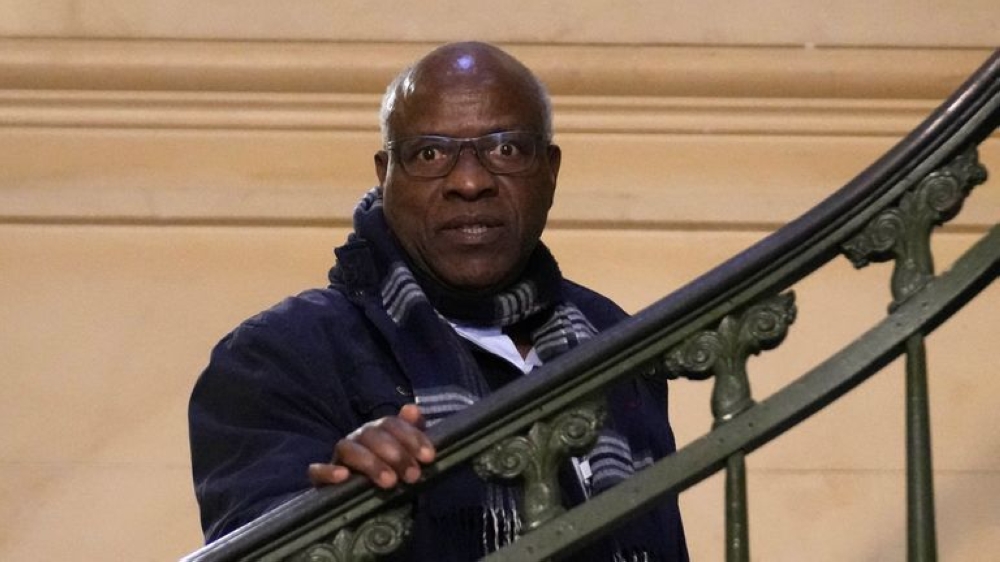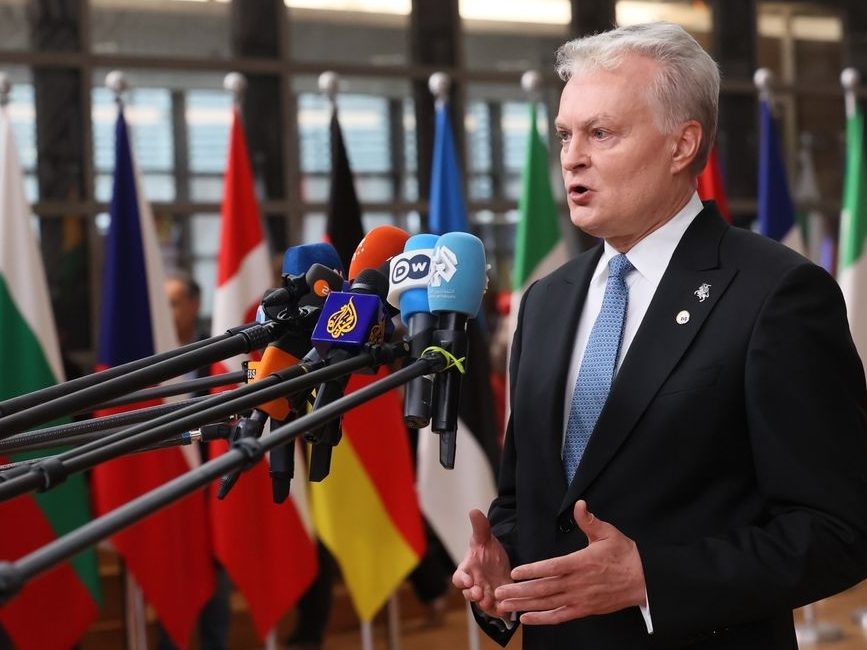The Paris-based court of appeal on Thursday evening upheld the conviction of Sosthène Munyemana, a former Rwandan gynaecologist who was sentenced to 24 years in prison for genocide, crimes against humanity, and complicity in genocide.
The same prison sentence was maintained, condemning the former medic to 24 years in prison.
Munyemana, who is infamously known as the “Butcher of Tumba,” appealed against the lower court’s 2023 ruling. His appeal hearings began on September 16 and have been running through October 23, revisiting the events that took place in the former Butare Prefecture during the 1994 Genocide against the Tutsi.
Over 40 witnesses for both the defence and the civil parties were heard during the trial. The prosecution had appealed that Munyemana’s conviction be upheld and that he be sentenced to life imprisonment.
Born in 1955 in Musambira, now in Kamonyi District, Munyemana studied medicine at the then National University of Rwanda before specialising in gynaecology in Bordeaux, France. During the genocide, he lived in Tumba, Butare, where he was accused of detaining Tutsi civilians at the Tumba sector office before they were killed.
Witnesses testified that Munyemana actively participated in meetings that encouraged the extermination of Tutsi. They also alleged that he held the key to the Tumba sector office, where many Tutsi civilians were imprisoned before being killed, among other testimonies that pinned him to a role in the Genocide.
Throughout the hearings, Munyemana maintained his innocence, insisting that he rescued people rather than harmed them. His defence team, comprising five lawyers, argued that he had no role in the killings. They presented testimonies from his colleagues in France, who described him as an exemplary doctor and compassionate person.
ALSO READ: ‘Butcher of Tumba’ sentenced to 24 years in France
Members of Munyemana’s family, including his wife and son, testified in his defence.
However, several witnesses contradicted the version of events, describing him as an influential figure in the Tumba area despite not holding an official leadership position.
One defence witness told the court that he had been asked by his aunt to provide false testimony in favour of Munyemana, a revelation that sparked heated reactions in the courtroom.
Meanwhile, among the expert witnesses, the court heard from renowned French researcher Hélène Dumas, who has conducted two decades of fieldwork on the Genocide. Dumas underlined that the Genocide against the Tutsi was carefully planned and systematically executed, reflecting patterns observed in other genocides.
Dumas explained that the Hutu-Tutsi division was a colonial construct aggravated by Belgian administration, citing earlier massacres, such as the 1963 killings of more than 20,000 Tutsi, as precedents to the 1994 Genocide.
Belgian judge Damien Vandermeersch, who investigated genocide cases in Belgium for over a decade, also testified. He criticised Belgium’s colonial legacy for entrenching ethnic divisions and condemned Belgian UNAMIR troops for abandoning civilians in 1994. He described the killings in Butare as widespread and systematic, noting that even moderate local leaders succumbed to extremist pressure, a stance that clashed sharply with the defence’s narrative.
During the early sessions, the court screened “Let’s kill them all,” a documentary tracing the colonial roots of Rwanda’s ethnic divide, the rise of extremist politics, and France’s controversial role during the Genocide.
Prosecution’s request
The prosecutor explained to the court that under French law, the killing of one person carries a sentence of 30 years in prison, while attempted murder is punishable by 25 years. The prosecutor emphasized that the murder of multiple people is punishable by life imprisonment, stressing that no lesser sentence should be applied in Munyemana’s case.
Meanwhile, on October 22, Munyemana’s defence team submitted its motion, reiterating his innocence and describing him as a man of integrity who saved lives. Munyemana delivered his closing statement on October 23, morning.
The verdict is expected to be announced on Wednesday night.






